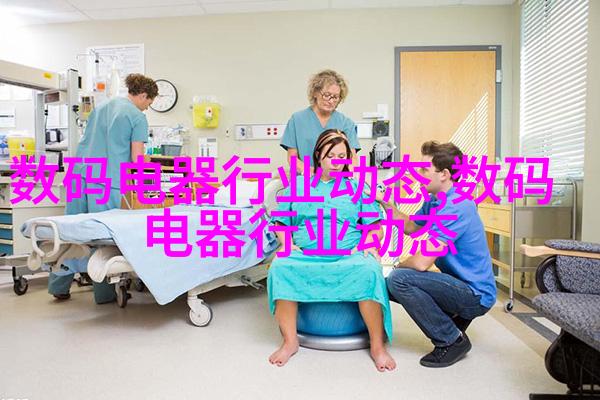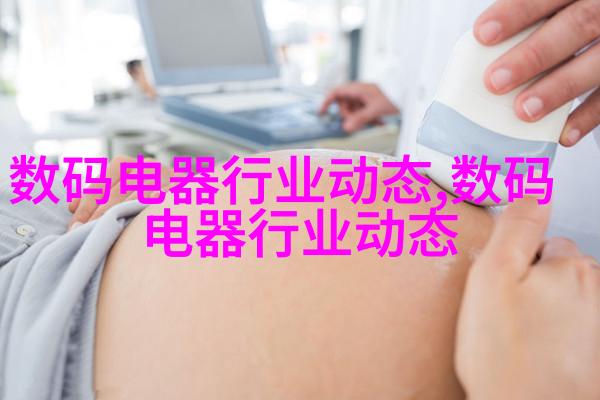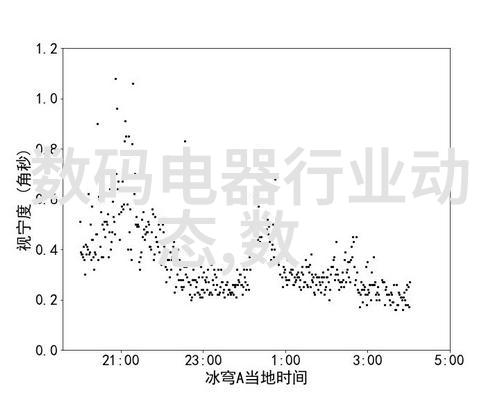
智能监控系统对提升化学厂家純水設備性能的影响分析
智能监控系统对提升化学厂家純水設備性能的影響分析

引言
随着科技的发展,化工行业纯水设备在保证产品质量、提高生产效率方面扮演越来越重要的角色。其中,智能监控系统作为一种高级技术手段,不仅能够实时监测设备运行状态,还能及时预警故障,从而有效地提升了化工企业纯水设备的性能。

化工行业纯水設備之所以重要
化工行业中,对于纯净水处理需求极高,这是因为许多化学反应和制品生产都需要使用到非常高标准的清洁度。因此,如何确保这些关键部件(如反渗透膜、离子交换树脂等)保持最佳工作状态,对于整个生产流程至关重要。

智能監控系統概述
智能监控系统通过集成先进传感器、数据采集器和控制单元,可以实现对各种工业环境参数(如温度、压力、流量等)的精确检测,并将这些信息转换为数字信号,以便进一步处理。对于化工行业来说,这种技术可以帮助企业更好地管理和优化其纯水设备,使其稳定运行并延长寿命。

智能監控系統對於提升純水設備性能之影響
首先,智能监控系统可以提供即时数据反馈,让操作人员能够了解每个环节的情况,从而进行合理调配。在逆变压过程中,即使小量污染物也可能导致大量废弃物产生,因此实时监测对于减少浪费至关重要。此外,它还可以自动调整参数以适应不同负载条件,有助于保护装备免受过度使用造成损害。

预防性维护与降低成本
通过持续监督pure water equipment, smart monitoring systems can detect potential issues before they become major problems, allowing for proactive maintenance and repair rather than reactive replacement or costly downtime.
提升安全性与可靠性
Smart monitoring systems also play a critical role in ensuring the safety of workers by providing real-time alerts for hazardous conditions such as high pressure or temperature fluctuations, which could lead to accidents if left unchecked.
结论 & 未来展望:
In conclusion, the integration of smart monitoring technology into pure water treatment systems has significant implications for improving performance in the chemical industry while reducing costs and enhancing safety standards. As technology continues to evolve, it is likely that future advancements will further enhance the capabilities of these systems and contribute to more efficient and sustainable operations across various sectors involving pure water production.
With a focus on continuous improvement through innovation in sensor development, data analytics software improvements and system integration with other technologies like IoT (Internet of Things), we can expect an even more advanced era of intelligent monitoring solutions tailored specifically for specific applications within different industries such as pharmaceuticals where ultra-pure water is essential but not easily attainable without proper equipment control strategies implemented at each step along their production line process chain from raw material selection until final product delivery - including purification steps like reverse osmosis (RO) filtration stages; distillation processes using heat transfer principles; activated carbon filtering techniques aimed at removing impurities from feedwater sources prior to treating them further downstream via additional methods designed primarily targeting removals based on molecular size distinctions between dissolved substances present within solution streams being purified after undergoing preliminary treatments intended mainly towards pre-treating incoming raw materials so they become suitable candidates suitable enough when combined together formulating high-quality end products desired by customers seeking consistent quality standards fulfilled consistently over time regardless environmental changes affecting overall efficiency levels experienced during manufacturing processes themselves impacting profit margins accordingly – all this happening behind scenes thanks largely due mainly because ongoing technological advancements continue pushing boundaries forward making way possible what once seemed impossible just decades ago now becoming standard operating procedures today!



